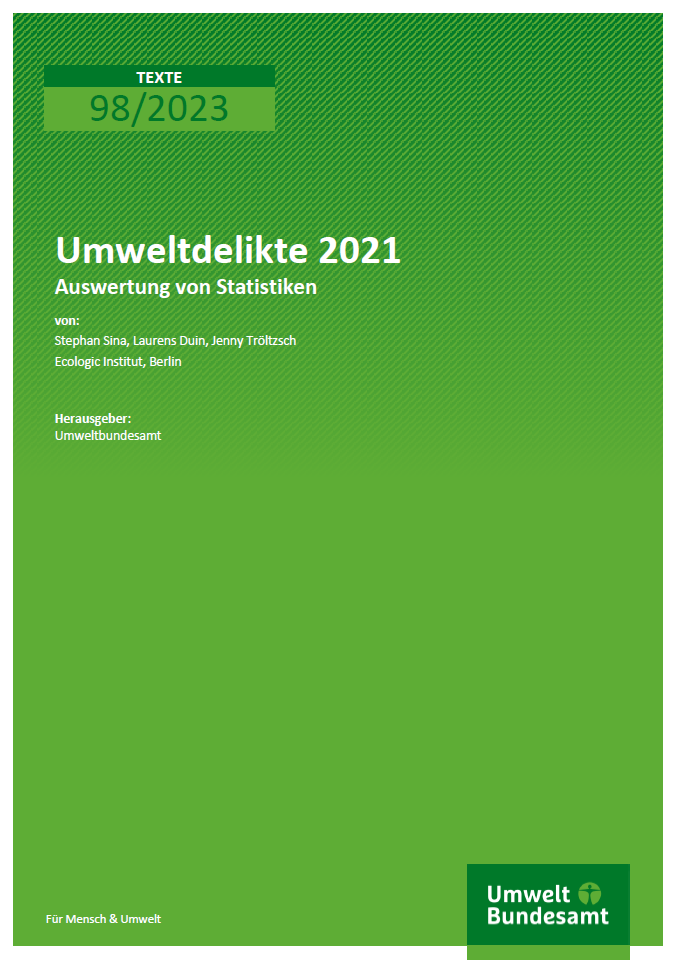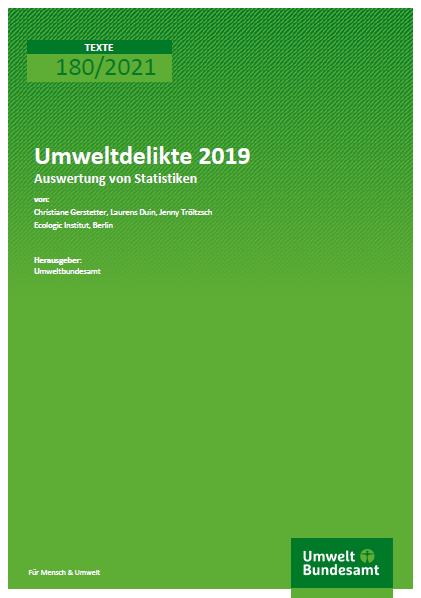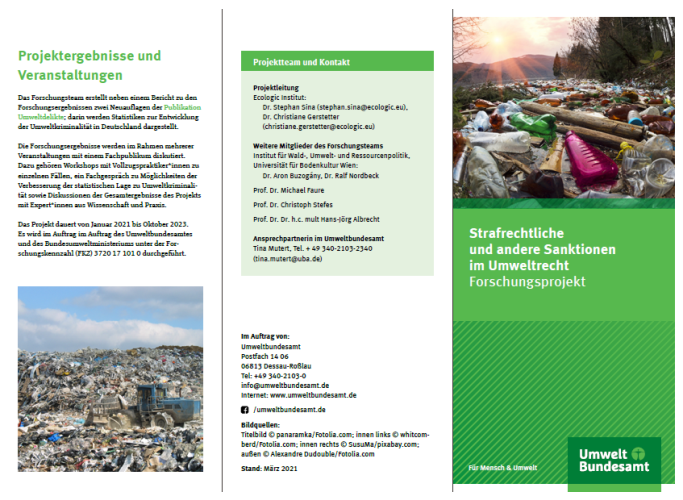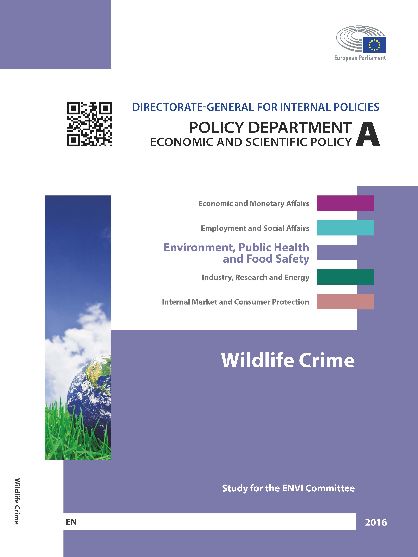© panaramka | Fotolia.com
The illegal pollution of soil, water, air, illegal trade in protected species or illegal shipments of plastic waste abroad – these are different forms of environmental crimes.
The United Nations Environment Programme (UNEP) estimates that environmental crime was the fourth most profitable type of crime globally in 2016. According to this estimate, the turnover generated by environmental crime globally was $91-258 billion in 2016. In the criminal sphere, only drug trafficking, counterfeiting, and human trafficking generated more money.
Environmental crime has many negative effects. The ecological impacts range from the destruction of forests, to the pollution of water, soil, and air and to species extinction. Many types of environmental crime also affect human health, and organised forms of environmental crime undermine state structures and sustainable development.
That is why criminal law includes sanctions for acts that massively pollute or destroy the environment. Within the EU, the Environmental Crime Directive requires all member states to have such legal rules.
Violations of environmental law can also be addressed by measures other than criminal sanctions, however. In Germany, such measures include fines, site closures or orders to restore a polluted site to its proper condition. In other countries, it is also possible to publicize sanctions imposed on companies for violations of environmental law.
Research to date suggests that environmental crime can be combated particularly effectively if authorities can respond to environmental offenses in a differentiated manner, by using various instruments and sanctions. However, there is evidence that insufficient use has been made of the existing measures in Germany and other countries to date.
Preventing environmental crime through sanctions?
Against this background, the Ecologic Institute, together with partners, will develop recommendations on how environmental offences can be better prevented in Germany through deterrent sanctions.
The project first investigates at a theoretical level under which conditions a certain sanction, such as a prison sentence, has a deterrent effect against environmental law violations. These theoretical considerations are substantiated by means of case studies on illegal waste disposal and disposal of waste by ships on the sea. On this basis, the research team will develop recommendations for policies as well as practical measures to improve enforcement.
The project brings together researchers from various disciplines, including law, criminology, economics, and public administration.
In addition to a report on the research results, the research team will compile two new German-language editions of a recurring statistical report on environmental crime in Germany (Publikation Umweltdelikte). The research results are discussed with an expert audience at several events.
With this project, the Ecologic Institute continues its work on environmental crime at the German and European levels.







